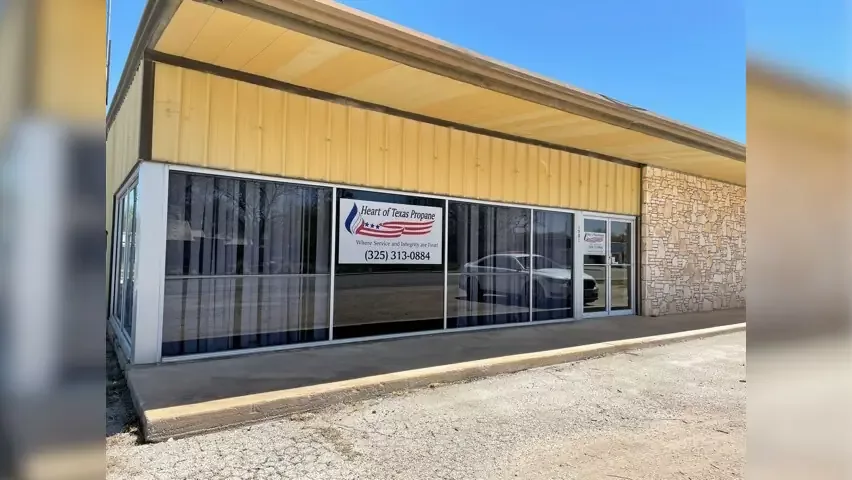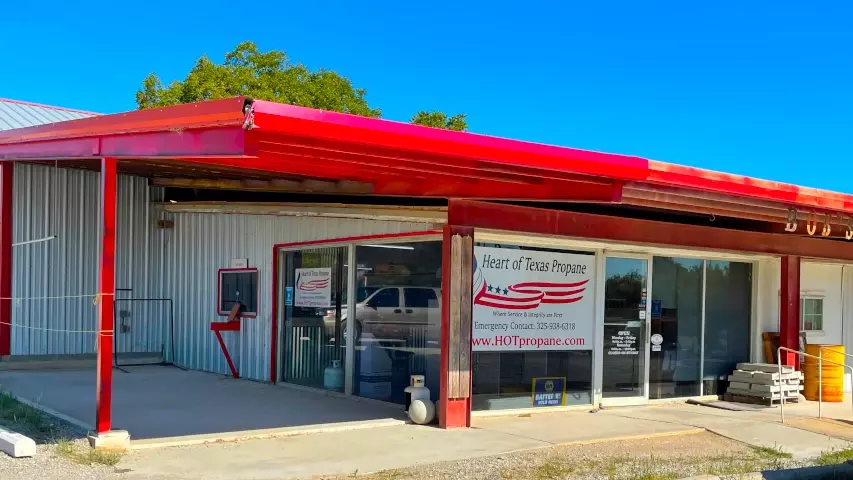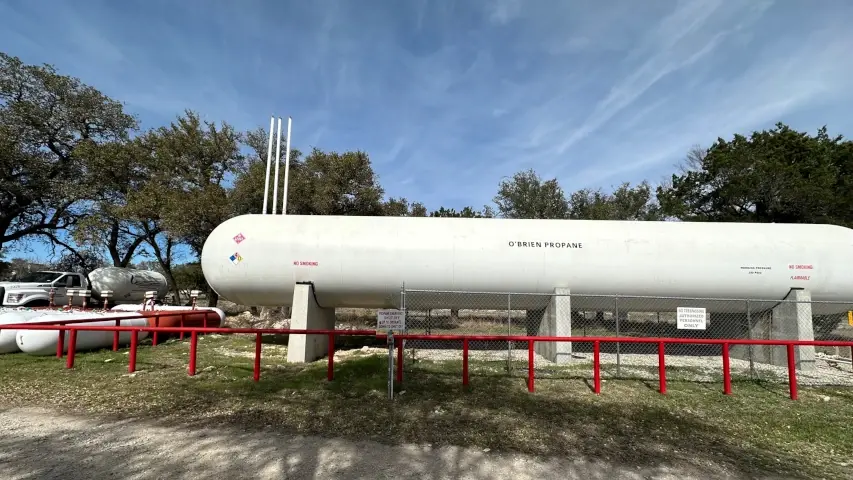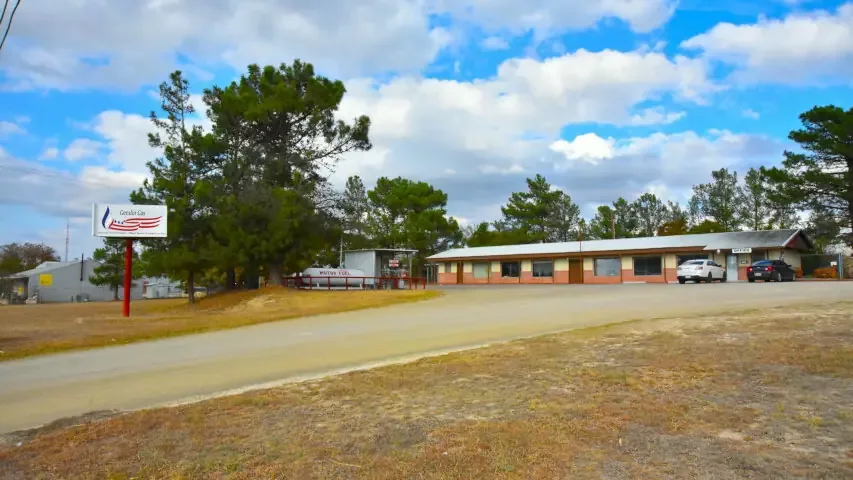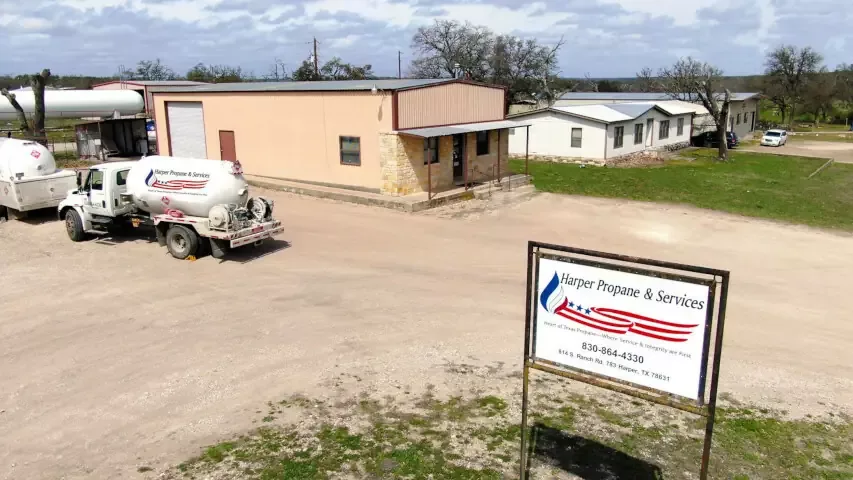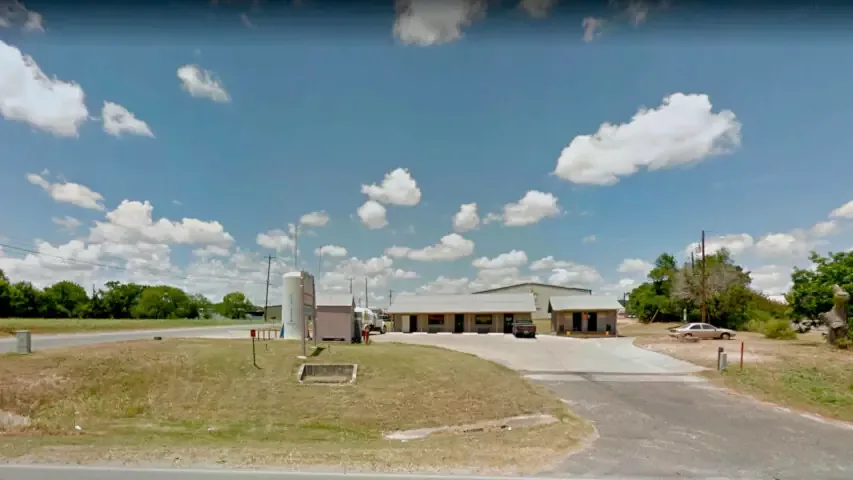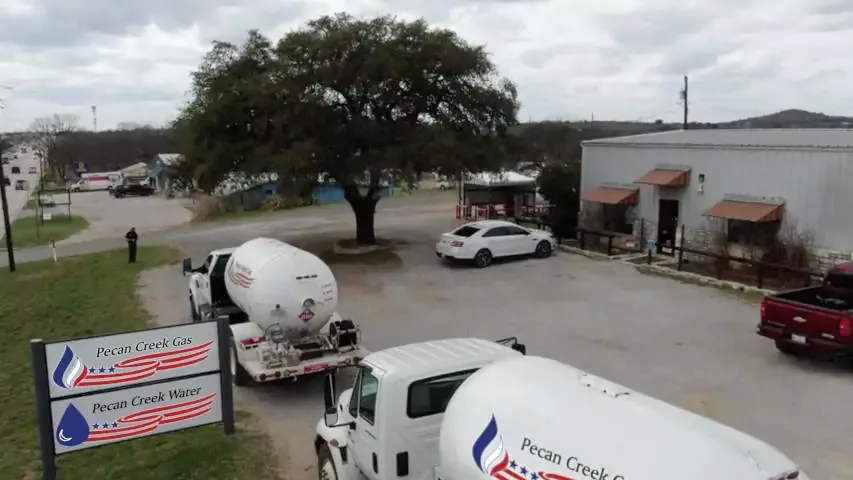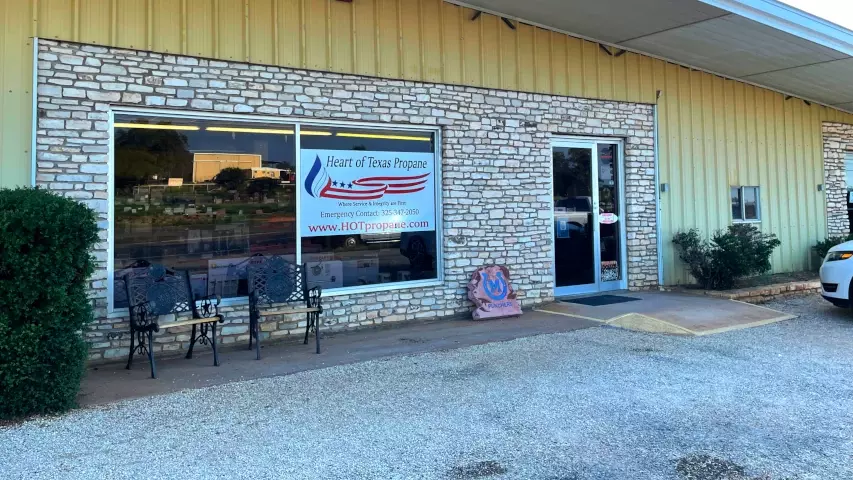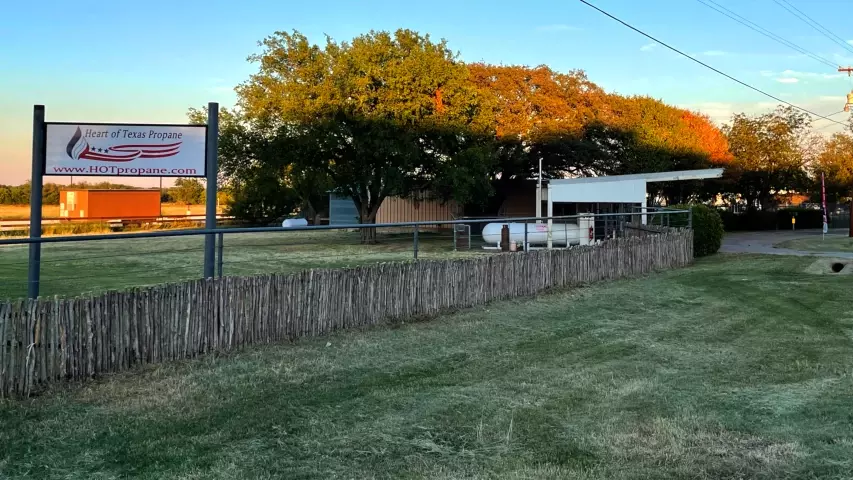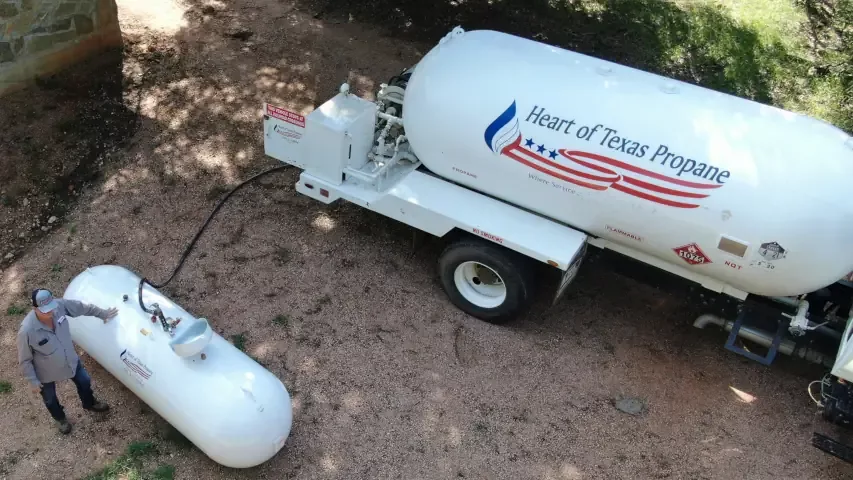Keeping it Safe
How to Tell When Your Propane Cylinder Needs Replacing
Propane cylinders are essential for powering everything from grills and heaters to generators and fireplaces. But these handy fuel containers don't last forever, and using an expired or damaged cylinder can be dangerous. Knowing when to replace your propane cylinder is crucial for safety and peace of mind.
Checking the Expiration Date:
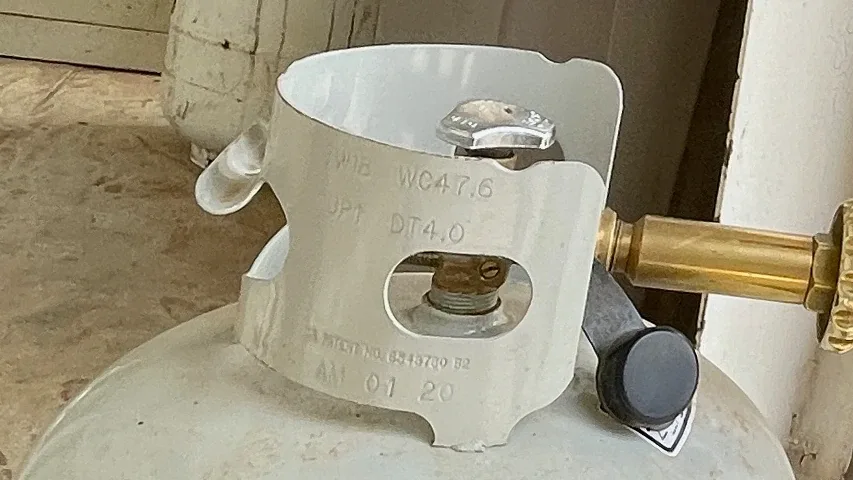
Unlike food, propane cylinders don't have a simple "use by" date. Instead, they have a manufacture date stamped on the collar, usually in a month-year format (e.g., 01-20 for January 2020). Most cylinders are valid for 12 years from this date. However, some regions may have different regulations, so check with your local propane supplier for confirmation.
Beyond the Expiration:
Even if your cylinder hasn't reached its official expiry, it might still need replacing if you notice any of the following:
- Visible damage: Dents, cracks, or excessive rust on the cylinder's body can compromise its integrity and pose a safety risk.
- Leaks: If you smell gas around the cylinder, hear hissing noises, or see bubbles forming when soapy water is applied to the connections, there's likely a leak that needs immediate attention.
- Valve issues: A faulty valve that won't open or close properly can prevent safe operation of your propane appliance.
- Missing or damaged parts: Any missing or damaged components like the foot ring, valve cover, or pressure relief device can compromise the cylinder's safety.
Time for Re-qualification:
In some cases, expired cylinders can be re-qualified by a licensed professional. This process involves a thorough inspection and pressure test to ensure the cylinder is still safe for use. Re-qualification typically extends the lifespan of the cylinder by 5 additional years. However, not all cylinders are eligible for re-qualification, so consult your propane supplier for guidance.
When in Doubt, Replace:
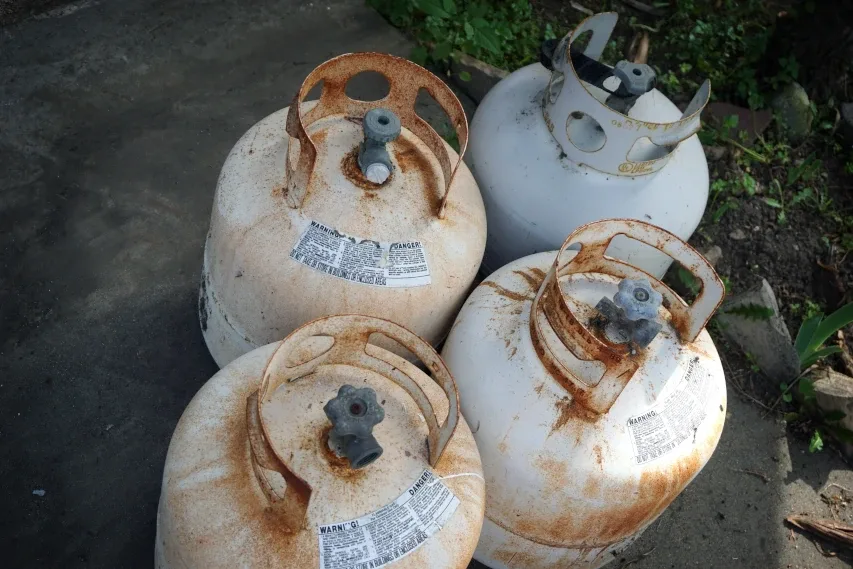
If you're unsure about the condition of your propane cylinder, err on the side of caution and replace it. It's a small investment compared to the potential risks associated with using a damaged or expired cylinder.
Additional Tips:
- Visually inspect your cylinders regularly for any signs of damage or wear.
- Have your cylinders professionally inspected if you suspect any issues.
- Only purchase propane cylinders from reputable suppliers who ensure proper maintenance and compliance with safety regulations.
- Follow safe handling practices when transporting, storing, and using your propane cylinders.
By following these tips, you can ensure the safe and reliable operation of your propane appliances and enjoy the benefits of this versatile fuel source with peace of mind. Remember, prioritizing safety is always the best approach when dealing with propane.
Get Your Propane Bottle Filled
Find the closest Heart of Texas Propane location with bottle fill.
More Fuel for Thought Blog Posts
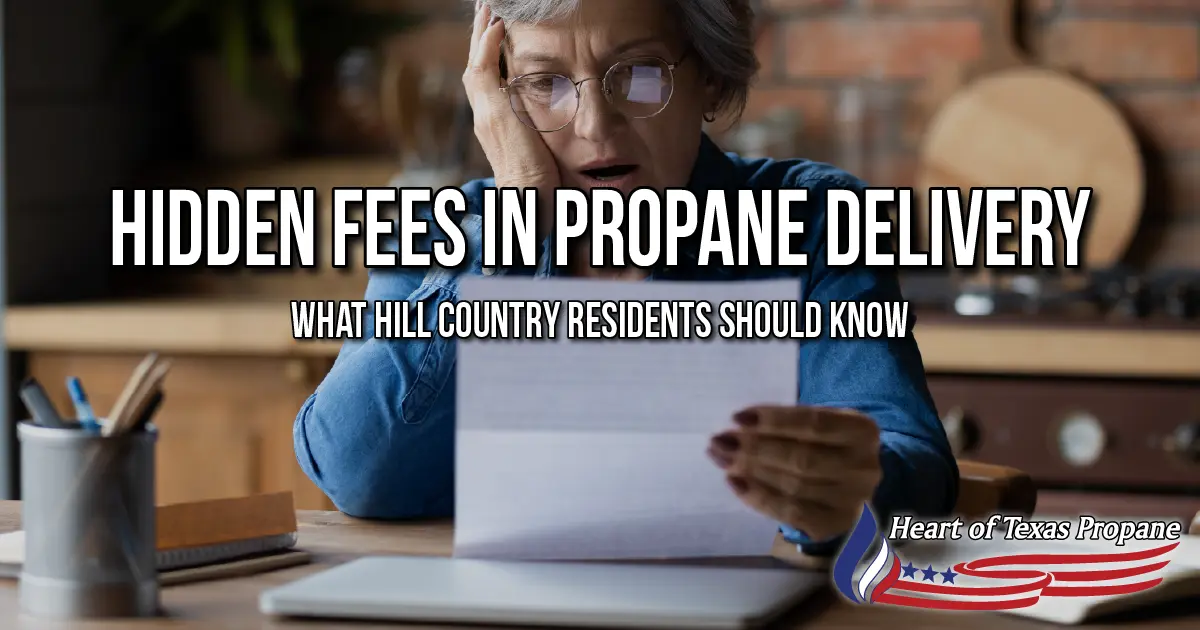
Hidden Fees in Propane Delivery
When it comes to keeping your home, ranch, or business running on propane, the price you see advertised isn’t always the price you pay.
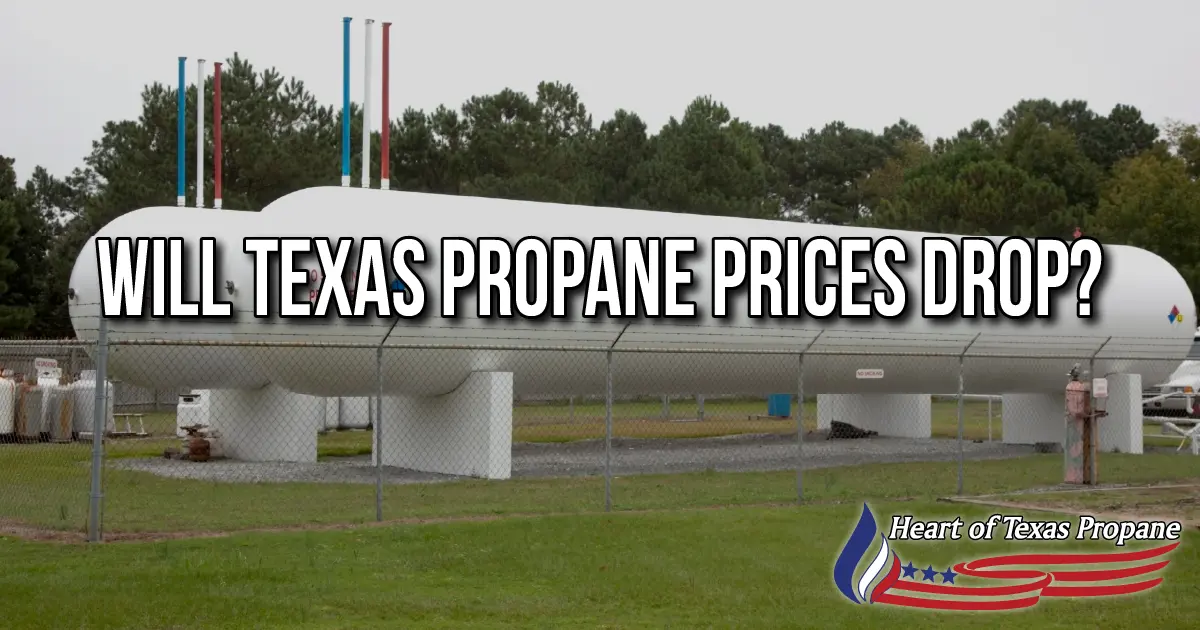
Will Texas Propane Prices Drop?
Texas propane supply is stronger than ever. Here’s what that means for prices and what Hill Country customers can do to save.

Schools Switching to Propane School Buses
Propane school buses save Texas Hill Country districts money, cut maintenance costs, and qualify for grants—making them a smart, budget-friendly choice.
